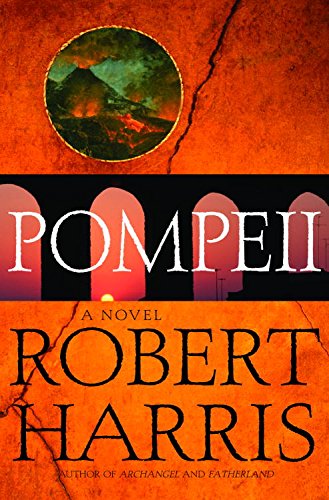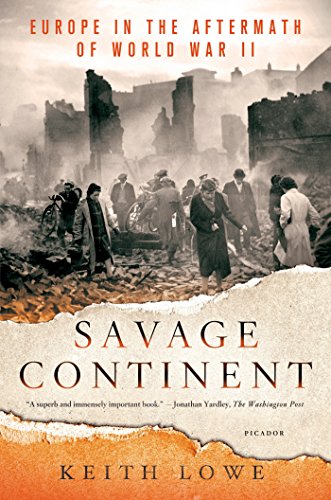So: on to the latest installment of this annual feature.
As ever, I read a lot: as research, to keep current with the genre in which I write, and simply for enjoyment. Before the holiday shopping onslaught, I like to volunteer a few words about the most notable books from my reading (and sometimes re-reading) thus far in the current year. When I mention a book, you can be certain I really enjoyed it and/or found it very useful. Life's too short to gripe about anything I didn't find notable (much less the several books I elected not to finish).
Presuming that you visit SF and Nonsense because you appreciate my assessment of things, you might find, in the post that follows, books you (and like-minded friends, relatives, etc.) will also enjoy. Unless otherwise indicated, the dates shown are for original publication. Titles are Amazon links, often to newer editions than the original publication (and to Kindle editions, where available).
What's impressed me so far this year? Read on ....
(Note: the order of books in the following is not intended to signal anything.)
Science Fiction
A large part of this year's SF reading was Jack McDevitt's long-running "Alex Benedict" series. Benedict is a far-future antiquarian, each of whose adventures unravels an interstellar mystery.
I had started this series quite awhile ago (though I don't remember precisely when), during a period when I lacked the time to really dive in. This year, I devoured volumes three through eight -- #8, Octavia Gone (2019), being the latest. The first volume of the series (which, obviously, wasn't among my readings this year) is A Talent for War (1989).
Historical fiction
In years past, I've extolled Robert Harris's epic take (collectively, the Cicero trilogy) about the end of the Roman republic. It turns out that anything Robert Harris writes is excellent -- and four of the seven Harris historical novels I read this year are absolutely outstanding. These are (again, in no particular order):
- Pompeii (2003) -- set around the destruction of the titular city. And as I had the opportunity to visit the ruins of Pompeii a few weeks ago, this one really still speaks to me.
- Enigma (1995) -- a mystery set during World War II at Bletchley Park, England, where Enigma intercepts were decrypted.
- The Ghost (2007) -- a post-Iraq War political thriller, and the basis of an excellent 2010 movie, The Ghost Writer.
- Archangel (1999) -- a post-Cold War (or is it?) thriller set in Russia.
Savage Continent : Europe in the Aftermath of World War II (2012), Keith Lowe. World War II officially ended in 1945. If only things were that simple. (Think: insurrections. Civil wars. Mass movements of refugees. Repatriation of slave laborers. Ethnic cleansing. Soviet expansion.) For years after "peace" was declared, Europe was a mess.
City of the Century: The Epic of Chicago and the Making of America (1996), Donald L. Miller. A wonderfully written history of Chicago from the first French explorers passing through the tip of Lake Michigan swamp up through the Columbian Exposition of 1893 -- and the many ways Chicago's movers and shakers played a role in the country's development. Notwithstanding having grown up in Chicago and its suburbs, I hadn't known half of what this book covered.
Science and tech
Chasing New Horizons: Inside the Epic First Mission to Pluto (2018). Alan Stern and David Grinspoon. I blogged at length about this book back in July ("New Horizons, metaphorical and literal"). 'Nuff said.
Last, but certainly not least, comes Lost in Math: How Beauty Leads Physics Astray (2018), Sabine Hossenfelder. A theoretical physicist looks at all the rabbit holes down which a too-common fixation with mathematical beauty has sent us, and the (related?) dearth of serious progress -- for decades -- at the foundations of physics. A seven-course, five-star meal for thought.
And there, IMO, was a lot of great reading.









































No comments:
Post a Comment